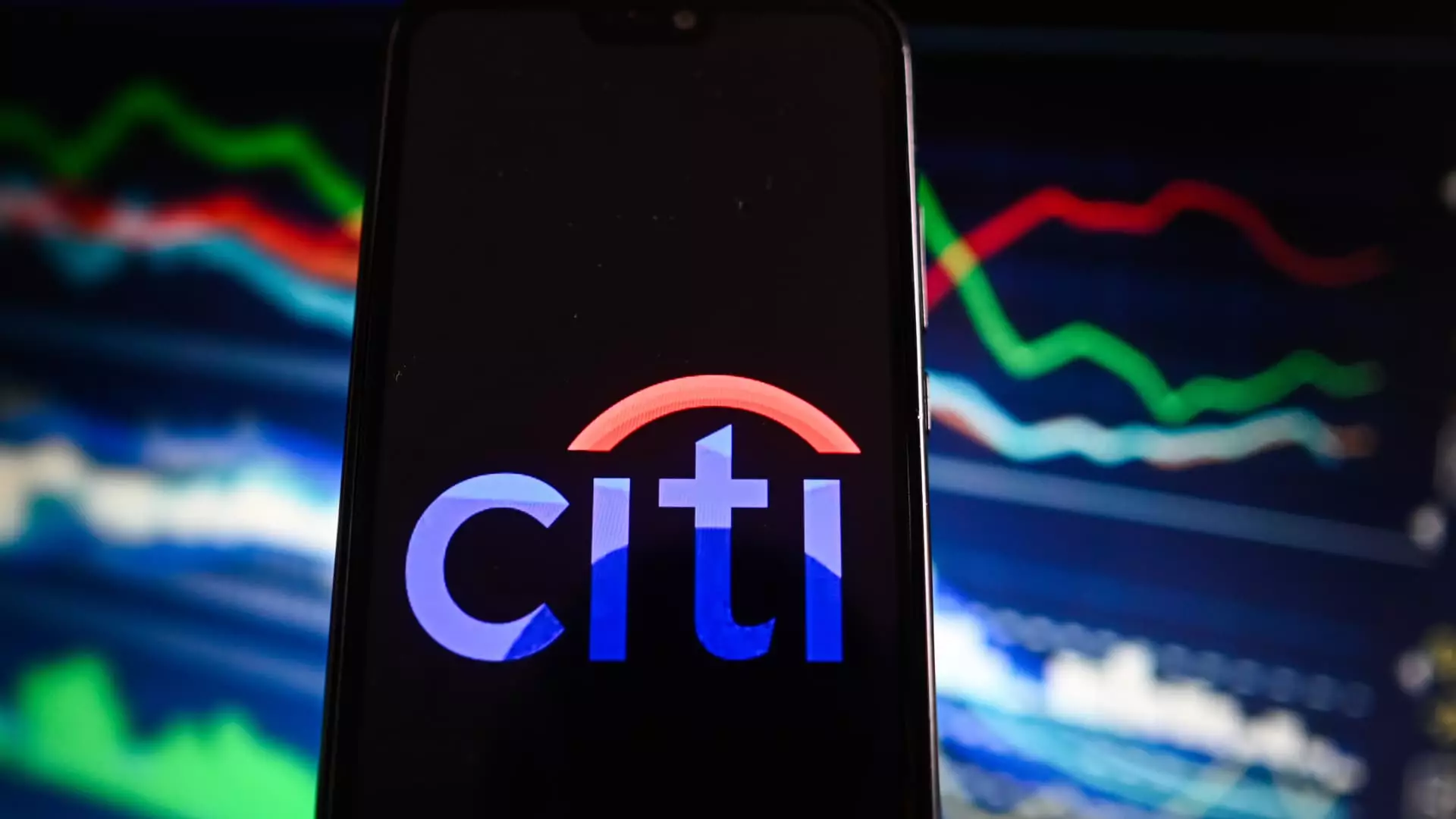In the wake of the 2024 presidential election results, major banking stocks experienced a significant upsurge in overnight trading, largely spurred by anticipations of a Donald Trump victory. The financial sector, which often responds sharply to geopolitical shifts, showed marked activity as investors recalibrated their expectations regarding the regulatory environment. Citigroup, Bank of America, Wells Fargo, and Goldman Sachs were among the notable beneficiaries, witnessing gains that underscored market optimism surrounding anticipated policy changes.
The increase in these financial institutions’ stock values can be attributed to the expectation of a more favorable regulatory landscape under a Trump administration. Historically, banks have thrived during periods of reduced regulatory scrutiny. Given Trump’s track record for promoting deregulatory measures during his first term, market analysts expressed confidence that a second term would yield similar conditions conducive to banking sector growth.
One compelling narrative emerging from the market movements is the belief that the Republican party’s governance would signal an era of deregulation beneficial to the banking sector. Financial analysts, including TD Cowen’s Jaret Seiberg, have articulated that reduced oversight by the Consumer Financial Protection Bureau (CFPB) could herald a new chapter for banks. The expectation that Trump will prioritize deregulation is pivotal; it suggests that banks could enjoy a reprieve from stringent compliance measures that have historically challenged their operational efficiencies.
Seiberg pointed out that banks could potentially capitalize on reduced capital requirements and more leniency concerning credit card late fees. Furthermore, speculation includes relaxed regulations around cryptocurrencies, which have become a prominent focus of investment for many financial entities. This tone of optimism might encourage increased lending activities and innovative financial products that cater to a growing market.
Despite the positive outlook for bank stocks under a Trump administration, it is crucial to address potential downside risks. Analysts caution that while deregulation presents opportunities, there are concerns regarding Trump’s proposed tariffs and immigration policies, which could exacerbate inflationary pressures. Such economic fluctuations might create instability for banks, especially if consumer spending diminishes due to rising commodity prices.
Moreover, the potential technological evolution within the financial sector suggests an underlying challenge for traditional banks. As fintech companies continue to expand their reach, the incumbent banks will need to innovate and leverage this moment of deregulation to remain competitive. The interplay between regulatory changes and technological advancements will ultimately define the success of banks in the upcoming years.
While the prospect of a Trump victory paints a promising picture for banking stocks, it is imperative for investors to remain vigilant. The historical context of political power’s impact on financial markets illustrates the necessity of cautious optimism. Policy changes can create opportunities but also foster uncertainties that may alter market dynamics. As investors navigate this evolving landscape, a comprehensive understanding of both the benefits and risks will be essential in making informed decisions in the financial sector.

